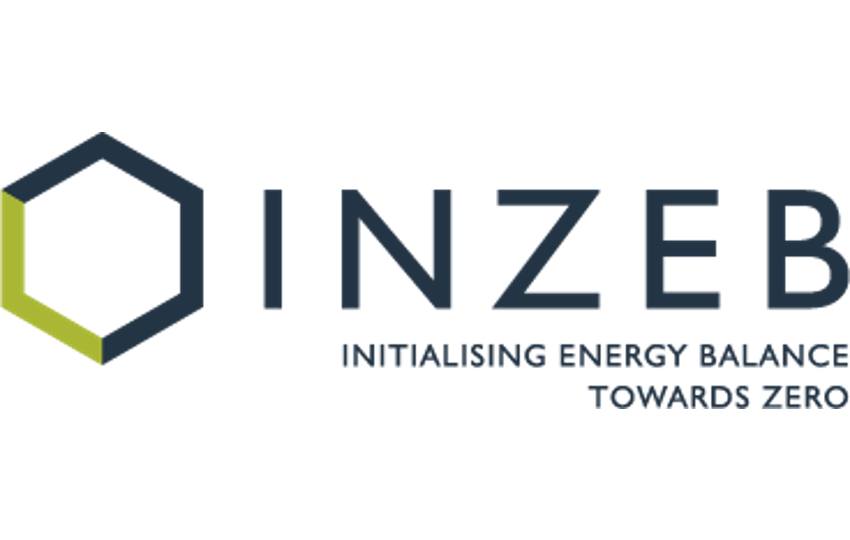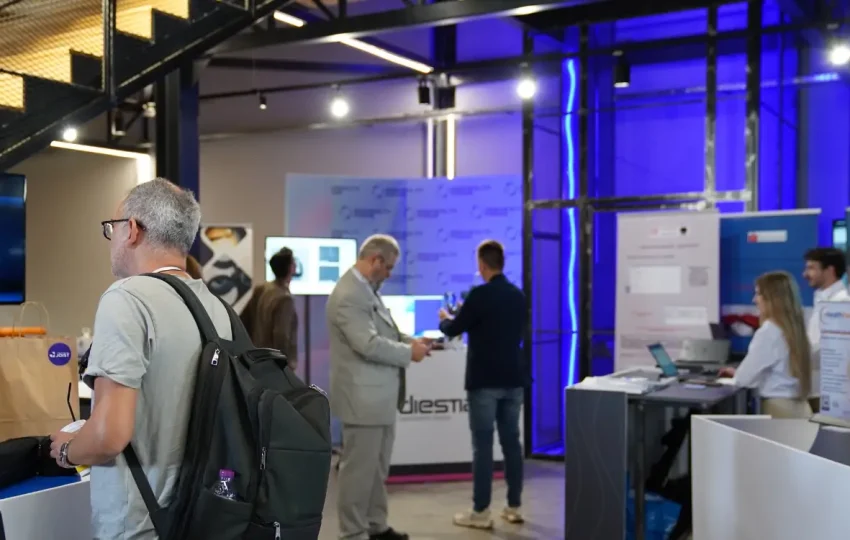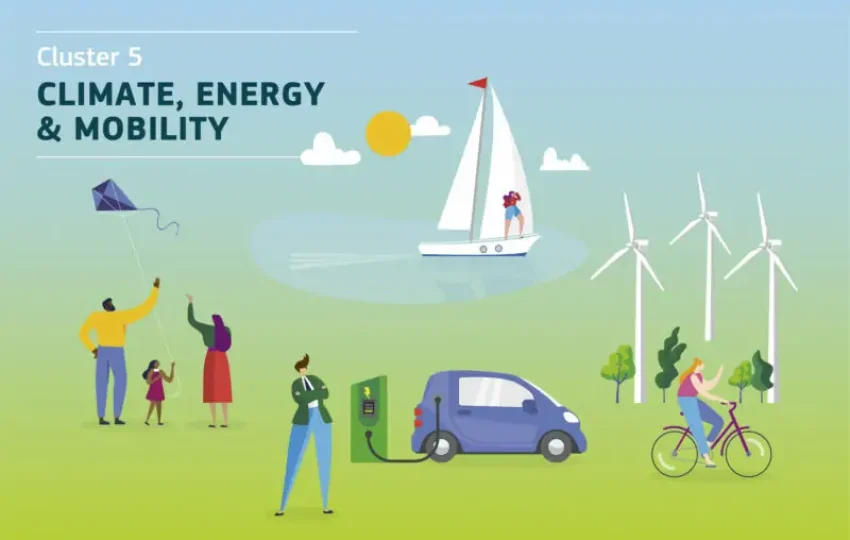1. Please give us some information about your organisation
Since 2014, INZEB, as an independent non-profit organisation with a continued focus on a sustainable and energy-balanced future. We have been working in areas including energy efficiency buildings, energy efficiency finance, energy poverty and energy communities with an interdisciplinary team of experts generating and disseminating scientific insights, research results and innovative programmes.
INZEB’s endeavour is based on the encouragement and support of the constantly evolving energy sector through research, documentation, consultation and implementation of plans and capacity building programmes of national, European and international projects.
By working closely with an extensive network of EU institutions, national, regional, and local authorities, NGOs, academic and business sectors at the national, European, and international level, INZEB has built valuable partnerships that enable knowledge exchange on energy efficiency and empower the ability to implement, disseminate and exploit scientific-based project outcomes towards sustainable energy transition and climate change.
2. What inspired you to create your organisation?
We identified a gap in receiving information on what is happening at the EU level regarding the energy efficiency market. INZEB started its endeavour by connecting with active EU organisations and campaigns. This resulted in three strong partnerships. Since 2014, INZEB has represented as a national partner for Greece the Renovate Europe Campaign, the European Alliance to Save Energy and the Coalition for Energy Savings.
3. What is your field of expertise?
In today’s fast-paced environment, INZEB formulates its deep sectoral expertise on energy-related issues based on its vast experience of participating as a consortium partner in national and European projects and constantly evolved by its commitment to delivering high-quality services in this field. INZEB’s core competence dimensions of expertise are:
- Energy efficiency and sustainability in buildings and the built environment
- Energy efficiency financing
- Energy transition
- Energy poverty mitigation
- Energy communities and energy citizenship
INZEB provides an integrated framework of strategic consulting services and sustainable environmental solutions that are derived from our expert’s innovative thinking, broad experience, deep knowledge of energy market trends, the application of advanced analytical methods to data, and the ability to combine the above to reach the desired end-result: services with significant and measurable value.
4. What is your organisation’s impact on society?
INZEB’s engagement in social aspects of energy resulted in an advanced number of activities that impacted society positively. In 2016, INZEB, in collaboration with various partners, co-authored the first policy recommendations for the mitigation of energy poverty in Greece. The first publication was followed by a number of more publications, while a significant number of public events took place, increasing the awareness rate of the citizens on the topic. In addition, INZEB’s engagement and promotion for the development of energy communities lead to an increased number of citizens willing to be part of the energy transition journey.
5. What are some of your most important collaborations on EU Projects?
Our organisation has a significant number of collaborations across EU and MENA regions which we respect all with no discrimination! We are very happy about our collaborations with the consortia of the POWERPOOR project as the vision of all partners is to achieve energy poverty mitigation across the EU, while we are also proud of our collaboration with the SMAFIN project, a small consortium that aims to increase the mobilisation of private funding for energy efficiency projects.
6. What is something your organisation achieved that you are proud of?
We are very proud of being among the first organisations in Greece that retrieved the problem of energy poverty. We are also very proud of the wide range of publications that we are producing, in a simple language to be assessable by all citizens.
7. What kinds of projects do you want to work on?
The projects we are interested in working on are the ones connected to our expertise. Energy efficiency for buildings and the built environment and, of course, projects addressing the social aspects of energy, energy poverty, energy citizenship, energy communities and energy transition.
8. What are you looking for in an EU partner?
The answer to this question is simple: ethics, trust, commitment, and advanced knowledge of the domain and topic to be addressed. Nothing different from what we also offer.


